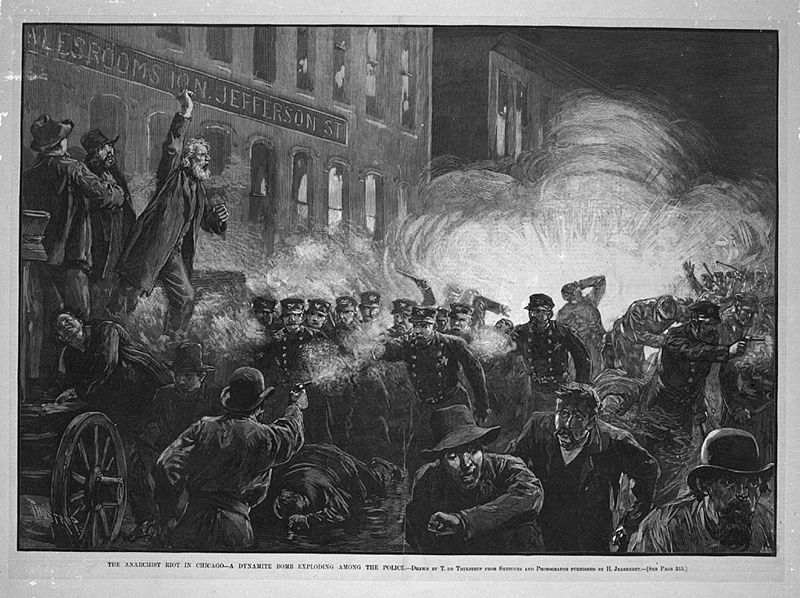
I have been an absent one on the blog lately, in favor of more pressing issues. September 24th, the start of the University of California school year (except for perennial early-starter Berkeley), is this year a day of mass protest and mobilization of students, workers, and faculty against being forced to shoulder the costs of the university's blundering ineptitude and, more broadly, of the inevitable fallout of privatization. Hence the planning and preparations for this that all of us are doing have been swallowing time that otherwise might go a-zombieing. I'll be back writing in a week.
But from all of the long conversations engendered by this situation, a set of thoughts I've been having, perhaps worth spinning out here.
This entire situation is not "about" the university per se, and even less so the administrators. (The last thing we want is just a kinder, more liberal-seeming UC President who will continue the same doomed trendline, albeit with language more amenable to an "ethical/democratic" capitalism.) It is "about" the financial crisis. And none have been more insistent about this fact than those very administrators being blamed for this unfolding collapse. Their open letters, press statements, funding decisions, etc, etc, make very clear that we need a couple years of "strategic cuts", all around belt tightening (to the point where the belt becomes the noose that will finish off the public-ness of the whole system), and individual sacrifice: just some lean times, folks, so everybody hunker in and take your furloughs, if you really care about education, that is... All this is so many ways of saying: this is not our fault, this is a crisis that affects us all, it is beyond any of us, it is a deep tectonic shift in the architecture of capital and the consequent waves, battering us down equally.
It perhaps goes without saying, but this is the rankest of all bullshit. For a number of immediate reasons: the particular inflection and severity of this crisis is a consequence of the kind of decisions made by the ruling class and their finance capital whiz kids, it is a false choice between education and labor, the logic of sacrifice is the deep cynicism of our moment, and the actions of these particular administrators have little to do with the crisis but rather with the long term sweep toward the restructuring of public education into a privatized husk. None of this is very surprising, simply the surface story of the past decade, with long narrative roots reaching back through the 20th century.
However, what of the core of this, the core on which the radical left itself, from Marx on and for good reason, insists, namely, that capitalism is crisis? And this should be conceived of in two senses: both the manifestation of those infamous internal contradictions - hence crisis as the laying bare of the untenability of the economic regime as a whole - and as the necessary, cyclical event that allows for creative destruction and restructuring of labor relations and production/circulation patterns - hence crisis as necessity for the continued expansion of capital. Clearly, both the analyses and the descriptive/prescriptive power of this tradition are not things to be given up.
That said...
At a moment in which no one will accept blame for the crisis, we see that no "one" can: those who have been profiting off the system have shown themselves incapable, on any level, of thinking differently, and the asubjective ghost ship drive heart of capital clearly has no time or space for the moral register. Neither should we. Questions of moral responsibility have nothing to do with this.
But there is someone to blame, although not morally. It is our fault, the working classes and those who don't get access to work. All of us under the yoke of this system, it is our fault. We are the crisis.

We are crisis because we are at once the motor of the system and the wrenches and sand tossed into those gears. Capitalism innovates and progresses because we are not pure calculation and extraction of surplus value (thereby provoking the economic regime to find new ways of expanding, accumulating, territorializing), and capitalism shudders to near-halts for the same reason. We are at once the excess of a system that needs us and the material provocation that produces the dizzying heights of financial speculation, because we globally keep multiplying and demanding work, making it cheaper, making it not profitable.
We are to blame for this crisis. And we need to start taking this position as our point of departure, recognizing that this didn't happen because of either greed or an opaque current in patterns of finance. It happened because in spite of all of our concessions to the system, all of our hamstringing of our more radical possibilities, there remains the basic fact of us as things that want in the game and that always want more - i.e. just a decent life, in all the radicality of calling for that in a time when little of the world's population has it - than what we are given.
The move to make, then, is to take on the responsibility for this crisis, the responsibility that none will or can accept, to be the damned of the system that already thinks us as such, and recognize that capitalism is crisis because, internally and infernally, we are the crisis, always have been and always will be.



No comments:
Post a Comment